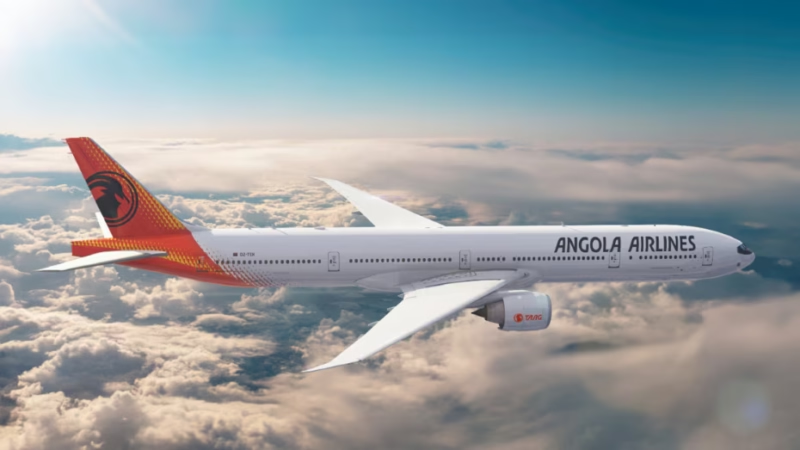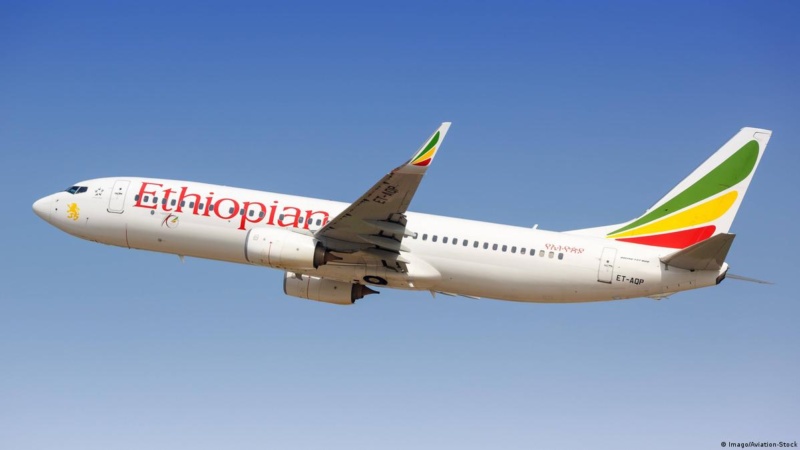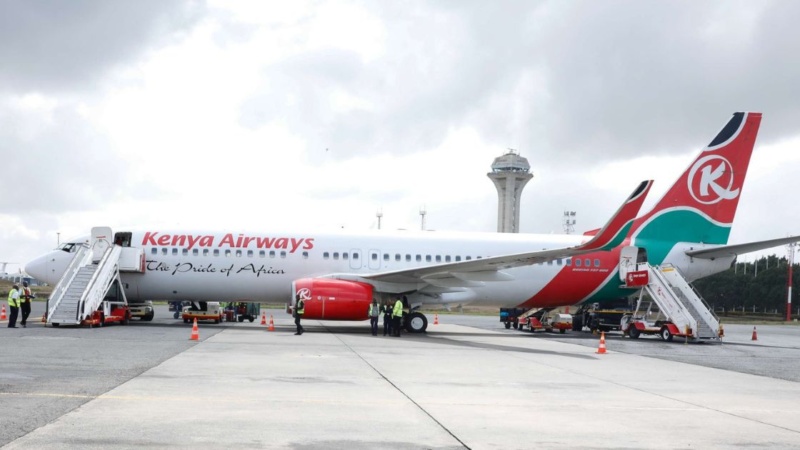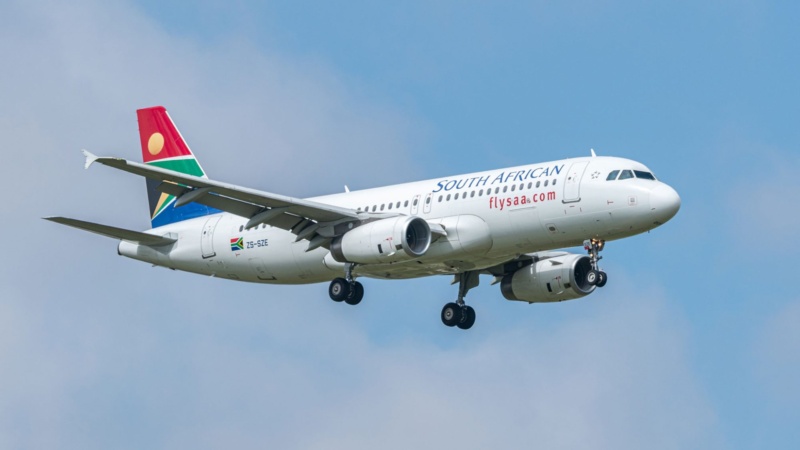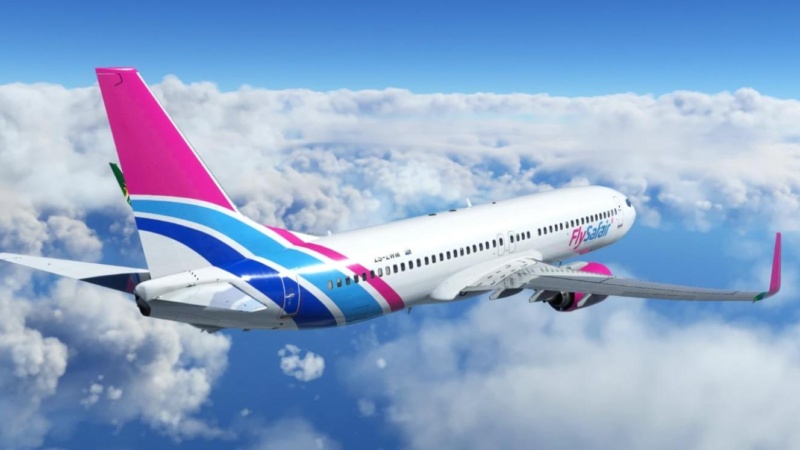Air Sénégal Launches Six Subsidiaries to Build a Fully Integrated Aviation Ecosystem
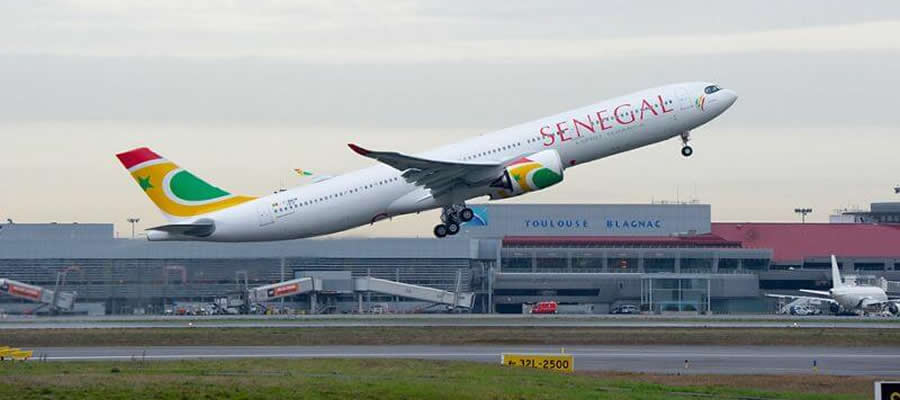
Air Sénégal has taken a bold step in redefining its business model by unveiling the Groupe de Sociétés d’Aviation Diversifié, a new structure that brings together six specialized subsidiaries. This strategic move is designed to create a fully integrated aviation ecosystem, positioning Air Sénégal at the heart of West Africa’s air transport value chain and signaling a new era for the region’s aviation industry.
The newly established subsidiaries each target a critical segment of the aviation business:
- Air Sénégal Express – Focused on regional flight operations, this subsidiary aims to strengthen connectivity within West Africa and beyond, offering more tailored and frequent services to secondary cities and underserved routes.
- Centre Industriel de Diass (CID) – Dedicated to aircraft maintenance, CID is set to become a cornerstone for technical reliability and safety, not only for Air Sénégal’s own fleet but potentially for other carriers operating in the region.
- Institut de Formation Air Sénégal (IFAS) – This training institute will address the growing need for skilled aviation professionals, providing comprehensive programs for pilots, cabin crew, engineers, and ground staff, and supporting the long-term sustainability of the sector.
- Teranga Catering – Specializing in inflight catering, this unit will enhance the passenger experience with high-quality onboard meals, while also opening new revenue streams through partnerships with other airlines and airport lounges.
- Teranga Hôtel – By entering the hospitality sector, Air Sénégal aims to offer seamless travel experiences, from air to ground, catering to transit passengers, crew layovers, and business travelers seeking convenience and comfort near key airports.
- Teranga Online – This digital services platform will focus on customer engagement, call center operations, and the development of innovative digital solutions to streamline bookings, customer service, and loyalty programs.
This ambitious diversification is not just about expanding Air Sénégal’s footprint; it’s about building resilience and unlocking new sources of revenue in a challenging market. By integrating operations across the entire aviation value chain—commercial flights, maintenance, training, catering, hospitality, and digital services—Air Sénégal is positioning itself as a one-stop solution for both travelers and industry partners .
Beyond the creation of these subsidiaries, Air Sénégal is also reinforcing its stakes in several key industry structures. The airline now holds a 75% share in 2AS (airport services) and full ownership of 2AS Technics (technical services), while negotiations are underway for a significant stake in Teranga Sûreté Aéroportuaire (airport security). This consolidation of interests further strengthens Air Sénégal’s influence and operational control across the aviation landscape .
For Africa’s travel sector, this integrated approach offers several advantages. First, it promises greater operational efficiency and cost control, as the airline can leverage synergies between its subsidiaries. Second, it enhances service quality and consistency, with each link in the travel chain managed under a unified vision. Third, it opens up new business opportunities, from third-party maintenance contracts to catering deals and digital service innovations that can be marketed across the continent.
However, the question remains: will this strategy be the key to restoring Air Sénégal’s profitability? The answer will depend on the group’s ability to execute its vision, maintain high standards across all subsidiaries, and adapt to the evolving demands of the African aviation market. The move comes at a time when airlines globally are seeking new ways to diversify revenue and reduce vulnerability to external shocks—lessons learned from the pandemic and ongoing economic volatility.
For travel professionals in sub-Saharan Africa, Air Sénégal’s transformation is a development to watch closely. The creation of a diversified aviation group could set a precedent for other carriers in the region, encouraging a shift from traditional airline models to more holistic, ecosystem-driven approaches. This could lead to improved connectivity, better service offerings, and new partnership opportunities across the travel and tourism value chain.
As Air Sénégal embarks on this new chapter, the African travel industry is reminded that innovation and integration are increasingly vital for long-term success. The coming years will reveal whether this ambitious strategy delivers the operational resilience and financial turnaround the airline seeks—and whether it inspires similar transformations across Africa’s aviation landscape.
Originally Published at travelnews.africa

